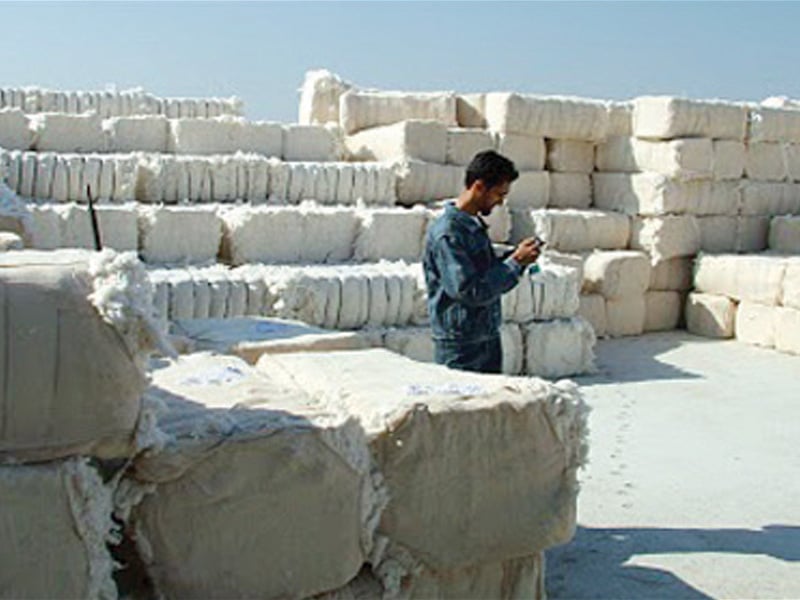KARACHI: Ginning factories saw an unexpected reversal in the trend for cotton production and supply in the October 1-15 fortnight, receiving 1.062 million bales from farms, which was a 9.4% increase compared to 0.971 million bales in the same period last year.
This marks the first time in the current cotton season, 2024-25, that supplies to ginning factories have increased during a fortnight. Earlier, cotton arrivals from farms were significantly lower compared to last year’s production.
Cotton Ginners Forum Chairman Ihsanul Haq told The Express Tribune that the notable increase in cotton supply led to an additional 184 ginning units resuming operations. With this, the total number of ginning factories processing raw cotton surged to 536.
He projected that the total cotton harvest for the current season could reach six million bales, provided the weather remains favorable for the crop. However, this output is far less than the requirement of 15-16 million bales needed by Pakistan’s textile mills annually to produce various products for domestic and international markets.
By October 15 this season, total cotton production had dived 48% compared to the same period last year. According to the latest data released by the Pakistan Cotton Ginners Association, cotton seed equivalent to 3.1 million bales reached ginning factories across the country by mid-October.
A province-wise breakdown showed that cotton seed equivalent to 1.186 million bales was sent to ginning factories in Punjab, while Sindh units received 1.916 million bales, marking decreases of 53% and 45%, respectively, compared to the corresponding period last year. Textile mills have purchased 1.591 million bales from ginning factories, down from 4.993 million bales in the previous year.
Meanwhile, textile millers have increased imports of cotton to meet their manufacturing demands, particularly for dispatching export orders on time. Haque mentioned that if electricity tariffs for export-oriented textile mills were reduced, it would greatly help them meet export orders, for which they would need to import six million bales



